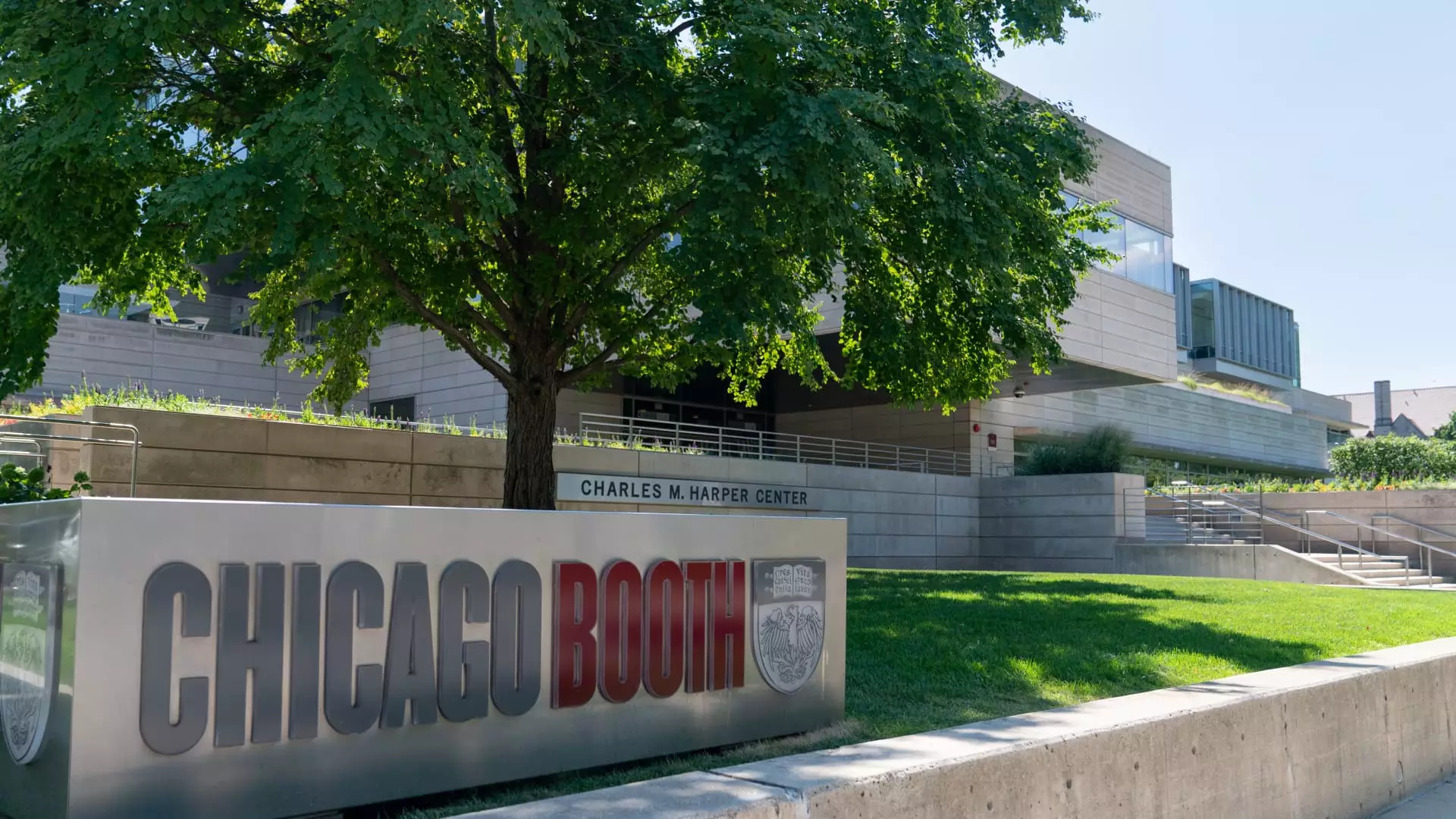The landscape of wealth management is witnessing a dramatic evolution, driven by the burgeoning sector of family offices. These entities, primarily established to manage the wealth and investments of affluent families, have become a focal point of interest and educational endeavor at some of the world’s leading universities. Prominent institutions are launching specialized programs and initiatives aimed at cultivating the next generation of family office leaders, a movement particularly epitomized by the recent establishment of the Booth Family Office Initiative at the University of Chicago’s Booth School of Business.
The initiation of the Booth Family Office Initiative marks a significant milestone in academic engagement with family offices. This endeavor brings together a comprehensive set of resources, including research initiatives, specialized courses, and summits planned for family office executives, both existing and aspiring. Spearheaded by prominent figures in the wealth management sector, such as Paul Carbone, the initiative seeks to leverage the extensive intellectual resources of the Booth School to address the complex challenges faced by modern family offices.
This is not a standalone venture; it’s part of a broader trend where major educational institutions—including Harvard, Columbia, and Northwestern—are introducing family office-specific curricula. However, the Booth School stands apart for making what could be described as the most significant investment in this area in the past two decades, indicating a recognition of family offices’ increasing importance in both investment and philanthropic realms.
As the number of family offices grows—jumping from approximately 6,000 in 2019 to over 8,000 today—they are becoming vital players in the investment landscape, managing assets forecasted to reach $5.4 trillion by 2030. This surge underscores the urgent need for education and expertise in this specialized field. Universities are seizing the opportunity to provide essential training to fill the talent gap that exists within family offices, where finding experienced professionals is becoming increasingly challenging.
As alumni of prestigious universities establish family offices or join existing ones, these educational institutions gain a dual advantage; they not only create a network of potential donors but also position themselves as influential players in a lucrative market. This evolving relationship can yield significant benefits for both family offices seeking skilled personnel and academic institutions looking for practical applications of their research.
Central to the Booth and Wharton programs’ missions is rigorous research aimed at generating actionable insights for family offices. While various private banks and wealth management firms already provide family office analytics and surveys, these academic initiatives aspire to offer a more objective take informed by empirical data. For instance, the Booth initiative has begun collaborating with tech firms that specialize in developing back-office platforms for family offices, enabling them to collect anonymized data on investment strategies and decision-making processes.
One of the more surprising insights from this collaborative research focus is that behavioral economics—rather than traditional financial metrics—has surfaced as a primary concern for family office leaders. This emphasis on human dynamics reflects a broader understanding that effective management in these private entities often hinges not solely on investment acumen, but also on navigating familial relationships and decision-making processes.
Beyond academic course offerings, universities are repositioning themselves as venues for unique gatherings that foster collaboration among family office professionals. In a landscape where many conferences have become saturated with commercial interests, academic institutions provide a reprieve—a setting where discussions can flow freely without the distraction of vendor presentations or sales pitches.
Events such as Wharton’s annual Family Office Roundtable Forum exemplify this trend, creating intimate environments where a select number of families can convene to share insights and foster engagements without a commercial agenda. Such gatherings not only promote peer learning but also create an invaluable community among family office peers, allowing for the exchange of best practices and innovative strategies.
The significant investment of time and resources into family office education at institutions like Booth and Wharton could signal the emergence of a new paradigm in wealth management education, one that is increasingly focused on the specifics of family governance, long-term investment strategies, and behavioral finance. With the appetite for such programs only looking to grow, universities are likely to continue expanding their offerings, benefiting from both educational advancements and financial backing from the ever-expanding family office sector.
The intersection of academia and family office management represents a powerful convergence that promises to enrich the field of wealth management while addressing the complex challenges that families face in preserving and growing their legacies. As institutions push the boundaries of research and education, the family office sector stands on the brink of transformative change, equipped with the knowledge and skills necessary to navigate the future.

